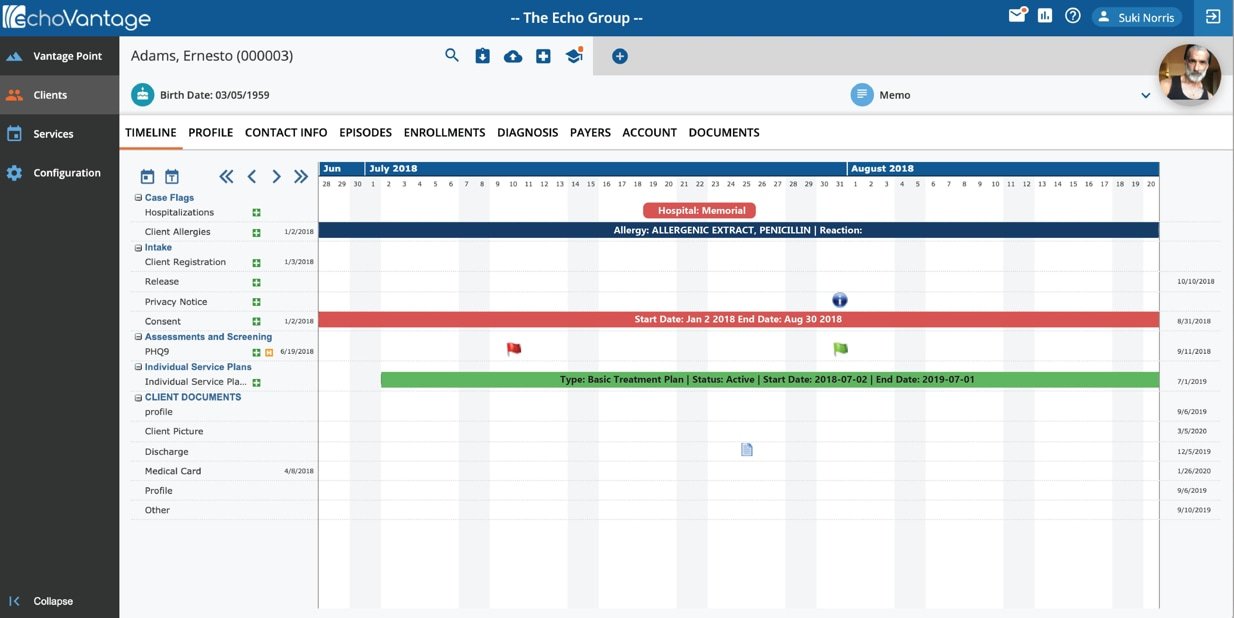Where Was the Client’s Voice
The CARES Act included significant changes to 42 CFR Part 2. With the changes, once a client signs consent for disclosure, the information may be redisclosed without specific permission. Anti-discrimination rules protect against inappropriate use of information related to a client’s substance use disorder.
These legislative changes reflect the ongoing lobbying of several organizations. Including the Partnership to Amend 42 CFR Part 2, provider organizations, and others who have been arguing for these changes for several years. On the other side, organizations such as the Campaign to Protect Patient Privacy Rights has advocated for maintaining the increased protections previously provided by 42 CFR Part 2.
Perhaps a review of the original purpose of the legislation is in order. Persons with SUD often risk the loss of housing, loss of employment, loss of child custody, and criminal prosecutions. 42 CFR Part 2 addressed the failure of general society to understand that SUD is an illness and not a personal weakness or failure.
The CARES Act includes an updated anti-discrimination section to protect against many of the risks identified above. The anti-discrimination elements will purportedly address the concerns of the SUD population. The challenge is understanding how a future action of anti-discrimination helps when the discrimination relates to a current act. Rather than address the underlying causes, the legislation provides a legal recourse.
While making it easier to disclose data related to substance use may be a good idea, was using the CARES legislation, the best way to move forward? The absence of comments from people living with SUD presents the real failure of this legislation. The voice of the individual is the needed voice. The voice of the person who fears discrimination and lives with the stigma must have an opportunity to speak before we eliminate the protection. We must listen to the voice of the person with SUD before we act, not after.



